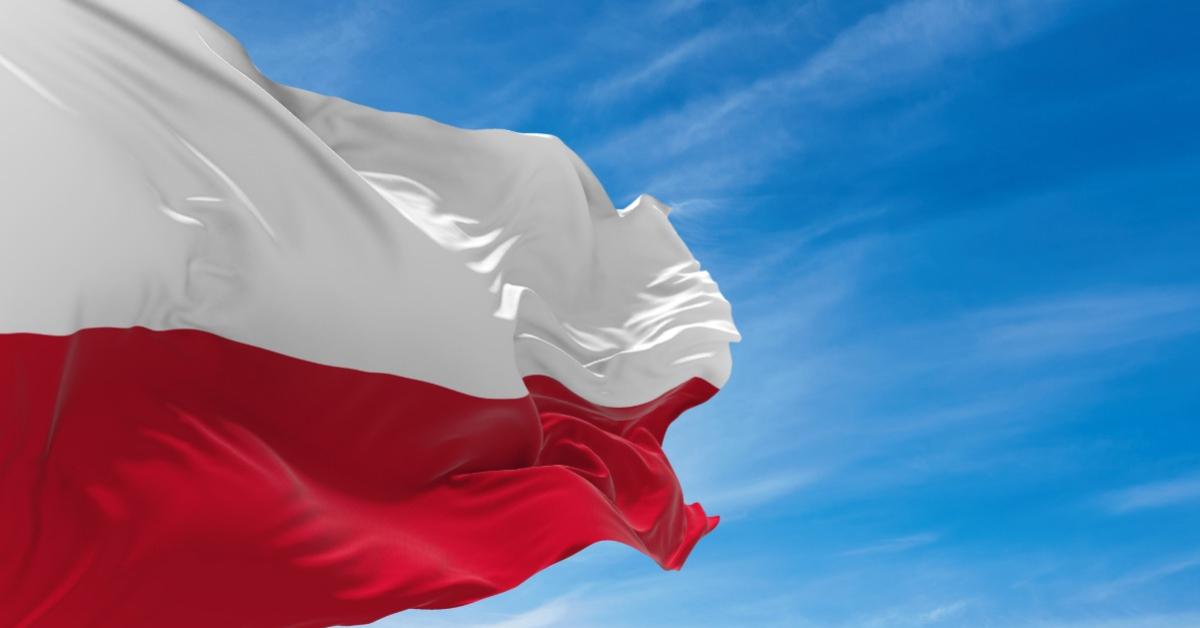When proposing alternatives to the state, libertarians should look back at the basics of political philosophy and find historical examples that illustrate the achievement of the goals of individual freedoms and self-government.
The most common mistake is to think of the modern state, the managerial leviathan we oppose, as a synonym of government in general.
Not many intellectuals can make that distinction, but in his book The History of the Forms of the State, Spanish liberal-conservative professor Dalmacio Negro Pavón outlines a theoretical and historical distinction between what we currently call the state (a late, artificial form of government) and earlier organic polities found in different but common forms in Western history.
By taking this distinction into consideration, some historical examples of governance start to appear as models of Austro-libertarian ideas. We can think of classic examples, such as Cospaia, Acadia, and even Liechtenstein, but the scales of these polities are far too small to provide examples for a good nonstate governance.
There is, however, a case that should be considered further: the Polish-Lithuanian Commonwealth in the years of its Golden Liberty—from 1559, the year the polity was officially established to consolidate the union of the Kingdom of Poland and the Grand Duchy of Lithuania before the death of its childless monarch, to 1795, the year that it was partitioned out of existence by its neighbors Austria, Prussia, and Russia.
During its almost two and a half centuries of existence, the Polish-Lithuanian Commonwealth was not only a prosperous territory, but it was also one of the freest ones in Europe. It had political features unseen elsewhere, compared to France, where absolutism and the Enlightenment were shaping the country into a centralized state and then to Jacobinism and revolution.
In Poland, the system set forth by the Union of Lublin, called both the Golden Liberty (or Golden Freedom) and the Nobles’ Commonwealth, included a combination of elements that was seen again in the founding of the United States, namely federalism and confederation, religious freedoms, property rights, elections, and civil organization, as well as many other elements that were unique to the Commonwealth. These aspects of the Polish political system during its so-called First Republic (the Najjaśniejsza Rzeczpospolita Polska, or in Latin, Serenissima Res Publica Poloniae) made the Golden Freedom a system unlike any other in its time.
The most important liberties highlighted in the Nobles’ Commonwealth were provided by various constitutional documents. These included the Henrician Articles of 1573 (signed by the first elected king, Henry de Valois, later king of France), the Warsaw Confederation of 1573, and the pacta conventa, which was was essentially a contractual charter (agreed by the nobles and each elected king) that bound the king and defined his policy. These documents’ achievements are visible in the following institutions:
Szlachta, the nobility, with allodial property rights over the land they owned, meaning that their property was fully their own and not subject to the monarch’s will as with fiefdoms. The szlachta were composed of formally equal members with the same rights and duties, all able to hold offices and magistratures (and with wealthier families composing an informal class of magnates).Wolna elekcja, the free election of the monarch (whose children could not inherit the throne) by all szlachta members wishing to participate.Sejm, the parliament, which was required to be held by the king every two years and was composed of selected szlachta members. It had legislative powers to approve the king’s decisions to create taxes, conscript soldiers, fight foreign wars, and declare war or peace, as well as judicial powers over high court hearings to judge their own members. There were also sejmiks, local assemblies composed of members of the local nobility, dealing with issues at the level of governorship and county (called respectively in Polish województwo and powiat).
Originally, a group of about sixteen resident szlachta Sejm representatives were resident magistrates and had to serve as royal advisers. These supervisors were to ensure that the monarch was acting and ruling according to the laws of the Commonwealth, with many of them holding chancellorial offices—akin to modern public notaries—to counterstamp all royal decrees. Over time, this institution evolved into a proper Senate within the Sejm with the following rights:
Liberum veto, directly known by its Latin name, which was the right that any representative of the Sejm, and later also in sejmiks, had to oppose majority decisions in parliamentary sessions and nullify all legislation approved. This permitted the nobility to disrupt and sabotage the workings of the Sejm and the will of the monarch by merely opposing it during parliamentary sessions.Konfederacja and rokosz, the rights of confederation, as in free association, and of insurrection, respectively, when the nobility, as well as the clergy, cities, and organized military forces, formed an organization to attain a common political aim. This was usually an armed rebellion against any monarch perceived to have abused his authority and violated the freedoms and liberties stated in law, either in the Henrician Articles themselves or in their respective pacta conventa.Religious freedom, which guaranteed the geopolitical importance of the Polish-Lithuanian Commonwealth as a refuge between Orthodox Russia, Muslim Ottoman Turkey, and a Western Europe torn apart by the Reformation and the Counter-Reformation, as well as attracting many expelled Jews from other countries.
With all these institutions constituting the basis of the Polish-Lithuanian constitution, the question here would be how all these political features could fit into the proposal of Austro-libertarianism for a prosperous and free society?
Simply enough, these elements that made Electoral Poland such an example of economic, political, and social freedoms are a practical demonstration that the tenets of freedom and civilization, found in the Western tradition, could be arranged in the best way to maximize freedom for its members.
Contrary to many still-repeated criticisms of the Polish-Lithuanian Commonwealth, the Kingdom of Poland was not a “purgatory for townspeople” and “hell for peasants” but a vibrant community, welcoming peoples from all backgrounds into an ordered society that promoted dignity and opportunity for all, to the point Russian serfs were known to escape into Polish-Lithuania for the better conditions under which they would live and work.
Another critique of the weak points of the Polish Golden Freedom was that they prevented the formation of a modern state, capable of surviving the partitions and the end of its political existence. However, critics tend to forget than even in times of struggle, such as during the many wars against the Muslim Ottoman Empire, the Polish-Lithuanian Commonwealth would arrange ways to protect itself and help neighboring communities from its own institutions.
Such was the case with the election of Jan III Sobieski as king and grand duke in 1674, a rare nonforeign candidate and an accomplished military commander. Nine years later, at the Siege of Vienna in 1683, he would not only come to the help of Holy Roman Emperor Leopold of Austria, but he would also come as the leader of a multinational military coalition.
Sadly, Poland-Lithuania, due to its strong attachment to the liberty achieved in its golden age, couldn’t stop its ultimate fate, first by becoming weakened through the influence of the centralizing French Enlightenment on its magnates and then by ending up partitioned by its neighbors from 1772 to 1795. Its existence, however, proved the historical viability of establishing political forms other than the modern state, forms that also meant higher levels of organic institutionality and freedom for its members.























